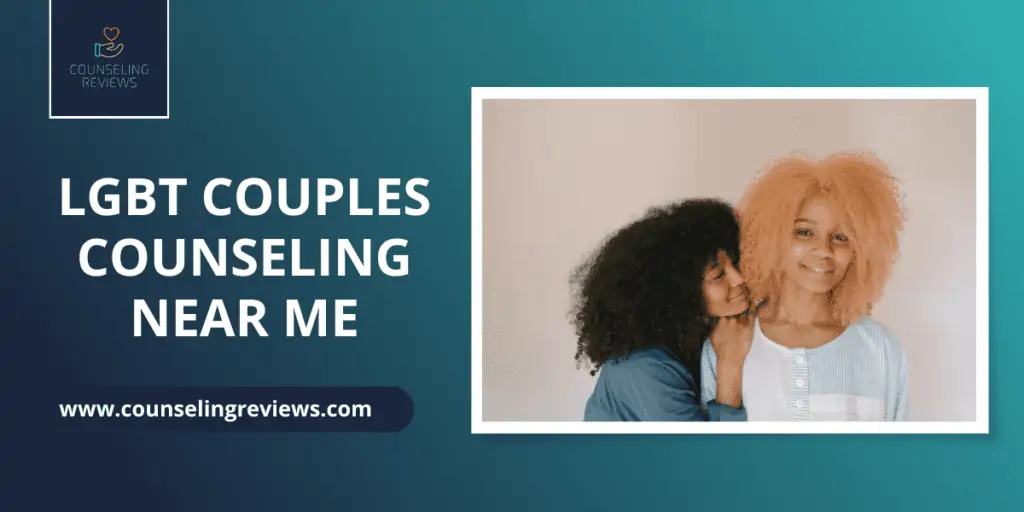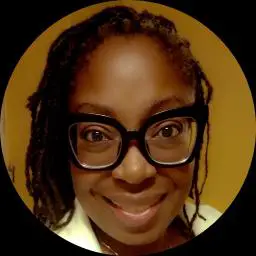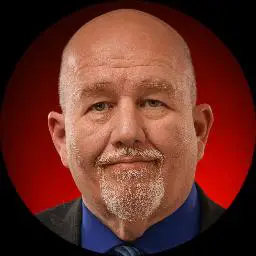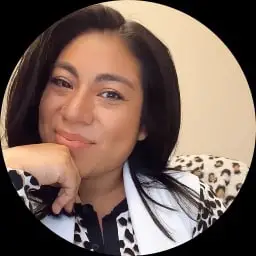There are many benefits to taking part in couples counseling. Improved communication, improved intimacy, resolving external family conflict and more, can be achieved with the help of a skilled therapist. As part of the LGBTQ community, couples may feel best supported by an LGBTQ-friendly therapist who is well versed in the challenges LGBTQ clients experience, in addition to being a couple.
An LGBTQ-friendly therapist may identify as part of the community themselves, understanding first-hand many of the experiences their clients encounter. Other LGBTQ-friendly therapists are well educated and have specific training concerning the issues the LGBTQ community witness. To ethically and effectively treat a client, the therapist must understand the context in which their client lives, as their environment will impact all other facets of their lives.
The LGBTQ community is considered a marginalized community, as they continue to experience a lot of discrimination. This community might experience job discrimination, housing discrimination, verbal ridicule and harassment, physical harassment, access denial, family alienation, and more. Therefore, when treating a couple who is part of the LGBTQ community, it is imperative to consider the possibility of these experiences to understand their clients holistically.
Relationship challenges specific to the LGBTQ community
All relationships are unique and yet, they also present universal challenges. A couple identifying as LGBTQ may experience an added layer of complexity specific to being part of the LGBTQ community.
Coming out
There is a common misconception among the “straight” community that to “come out,” is a one-time occurrence. The assumption is that once a person announces they are LGBTQ, they are done with declaring their identity. This is not the case.
“Coming out” happens more than once and in some instances, it happens daily. Every time a same-sex couple holds hands in public, they are essentially coming out. They are making a declaration to the public they are not heterosexual.
Public displays of affection can create a lot of anxiety for the couple. LGBTQ couples have to make the decision each and every time if it feels safe for them to kiss or hold hands in public. Therapists must understand the process of coming out and what it means to their clients.
Family Acceptance
There may be situations when the family of origin is not accepting of their child belonging to the LGBTQ community. Or, one family may be supportive and the other family is not. Although this happens across cultures, sexual orientations, religions, and such, this may be more common in the LGBTQ community.
There are a variety of ways to work with couples whose families have yet to accept their union. Sessions may include role-playing, in which the clients practice how they would like to communicate their desires and set boundaries with their families of origin. Some of the work might also include coming to terms with their family’s lack of support and learning how to move forward as a couple.
Parenting
Parenting children can feel isolating to anyone but can especially feel isolating to couples belonging to the LGBTQ community because oftentimes, these couples are in the minority. Imagine joining a child/parent playgroup and being the only couple identifying as LGBTQ, it would feel rather isolating. In addition to the lack of representation of other LGBTQ parents, LGBTQ couples might experience covert or overt prejudices from heterosexual parents.
There are also other issues LGBTQ parents face aside from discrimination. Such issues might include the adoption processes and the legal complexities involved in such a process. Whether they are adopting a child together, or one parent is adopting a biological child, there is a lot of legal work involved.
LGBTQ couples may also be subject to the trials and tribulations of IVF and surrogacy. This process is difficult for anyone involved and often comes with a lot of complications. Therapists should be well versed in these issues to best support their clients and help them develop individualized solutions and coping mechanisms.
Household roles and labor division
It’s probably fair to say, almost every couple has difficulty navigating labor division in contemporary America. There was a brief moment in American history when roles were clearly defined. Women stayed at home and did the majority of the cooking, cleaning, and parenting. Men went to work and primarily took care of fixing the household, mowing the lawn, and taking out the trash.
Though many would consider this time in history to be rather repressive, especially for women, there was at least one benefit, everyone had a clearly defined role. Same-sex couples or those identifying as LGBTQ, may have a harder time dividing labor and establishing clearly defined roles as there are limited examples from history from which to either emulate or eradicate.
In essence, the LGBTQ community is starting from scratch in terms of defining roles meaningful to them. This may not necessarily be a negative, but therapists should be aware of this issue and how it relates to the couple seeking counseling.
Discrimination as an LGBTQ couple
As mentioned earlier, there is a lot of discrimination a couple in the LGBTQ community may experience. Seeking support from a counselor who understands this and can help the couple resolve relationship challenges within the context of the larger picture, will be most effective.
For example, an LGBTQ couple who is experiencing housing discrimination will come into therapy with external factors impacting their relationship. It is difficult enough to coexist with another person, let alone deal with an inhospitable external environment. An LGBTQ-friendly therapist can understand this pressure and how it might complicate the relationship. The counselor might also be able to offer psycho-educational support in regards to giving their clients information about legal assistance in fighting housing discrimination.
Some of the Best Therapists Online for LGBTQ
How does PRIDE Counseling work
PRIDE Counseling is an online platform serving clients of the LGBTQ community by providing licensed therapists who are educated and specialize in LGBTQ and LGBTQ relationship issues. Therapists have either a master’s or a doctorate degree in psychology, marriage and family therapy, social work, or professional counseling. Therapists are required to have at least 1000 hours of clinical experience. Therapists have areas of focus they specialize in such as anxiety, depression, substance abuse, relationships, and more.
PRIDE Counseling offers affordable counseling from $60-$90 per week, billed monthly. Once you fill out their online intake form, you can expect to be matched to a therapist within a few hours to a few days. If you do not like the therapist you were matched with, you can change counselors.
There are four ways to have a session with your therapist.
-
Exchange messages
You can send a message to your therapist at any time with questions or concerns. Once your therapist receives this written message, they will respond as soon as possible.
- Chat live
You may enter into a secure chatroom at a scheduled time to chat live with your therapist. Some clients prefer to express themselves through writing and PRIDE Counseling offers this opportunity to those who prefer this method of communication.
- Phone sessions
You can have a session with your counselor over the phone. Some clients prefer this method if they prefer to communicate verbally but would rather have the anonymity of not being visually seen. This would take place at a scheduled time.
- Video session
This option closely resembles traditional therapy sessions, though you have the advantage of convenience. From the comfort of your home, you can have a session with your therapist and still be able to see and talk to them in real-time.
Online therapy vs in-person therapy
Traditional therapy is much more expensive than online therapy, averaging about $150-$200 per session.
In-person therapists may not be available in your area or if they are, they may have extensive wait lists.
There are many more therapists available online and therefore you have the best chance of finding a good fit that is right for you. Location is no longer a barrier to services.
Online therapy is convenient as it does not require travel. Many clients report feeling more comfortable to open up to their therapists because they are in the comfort of their own home. Sometimes, in-person therapy can feel intimidating and when a client doesn’t have to be in the same room as their counselor, they may be more willing to be vulnerable.
Conclusion
Every client deserves to feel understood in the larger context of their environment and the world they live in. Some women feel more comfortable seeking therapy from other women. Some people of color feel more comfortable and more understood seeking therapy form a person of color. Likewise, a couple identifying as LGBTQ, may feel best supported by an LGBTQ-friendly therapist.
At PRIDE Counseling, there are a number of available and licensed therapists serving the LGBTQ community. If you and your partner are seeking couples counseling, don’t hesitate to reach out to PRIDE Counseling. They are welcoming, and accepting, and are here to serve you and your needs.










